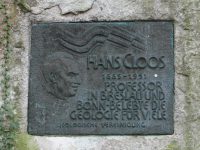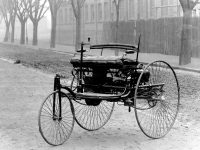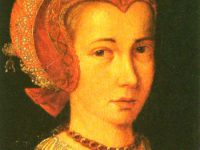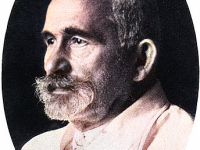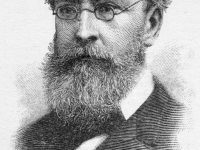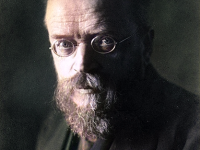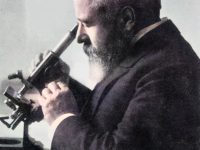Hans Cloos and the Granite Tectonics
On November 8, 1885, German structural geologist Hans Cloos was born. Cloos became known throughout Europe as the author of a textbook (1936) and the extensive monograph Gespräch mit der Erde (1947), whose clear language and self-drawn illustrations made geology comprehensible to the general public. He was a pioneer in the study of granite tectonics (the deformation of crystalline rocks) and in model studies of rock deformation. “The earth is large and…
Read more

